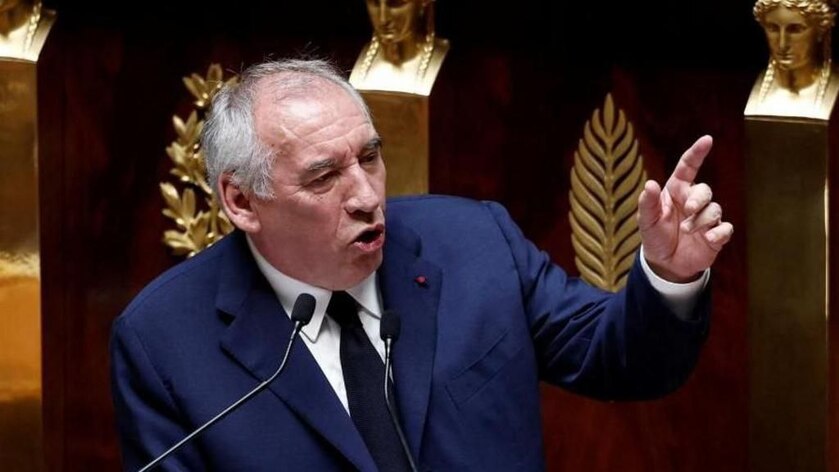French Prime Minister François Bayrou has been ousted in a confidence vote in the National Assembly, with 364 deputies voting against him and 194 in favor, leading to the collapse of his minority government.
Bayrou, who was appointed in December 2024, will submit his resignation to President Emmanuel Macron on Tuesday, marking the fifth prime minister change in less than two years and plunging France into a deep political crisis. The vote was a direct result of Bayrou’s gamble to secure parliamentary backing for his controversial 2026 budget plan, which aimed to cut $51 billion in spending to address France’s ballooning public debt, including scrapping two public holidays.
Bayrou’s government was defeated in a confidence vote, a rare move in French politics, as he called the vote himself to force support for austerity measures. This is the first time in modern French history that a prime minister has been removed via a confidence vote rather than a no-confidence vote.
The vote was triggered by Bayrou’s urgent warnings about France’s fiscal health, with public debt reaching $3.946 trillion (114% of GDP) by the end of Q1 2025 and a deficit of 5.8% of GDP in 2024, far exceeding the EU’s 3% limit. He argued that without drastic cuts, France risked becoming dependent on foreign creditors, describing the debt as an “unbearable hemorrhage” and a threat to national sovereignty.
Bayrou's downfall was facilitated by a rare alliance between left-wing and populist factions in the National Assembly, who united to oppose his government despite their ideological differences.
Populist leader Marine Le Pen seized the moment to demand new elections, calling for Macron’s resignation and claiming her party would win a majority in a new vote.
President Macron has stated he will appoint a new prime minister “in the coming days,” but no clear successor has emerged, leaving his domestic authority severely weakened.
The political instability has already impacted financial markets, with French government bond yields rising above those of Spain, Portugal, and Greece, once considered the epicenter of the eurozone debt crisis.
Meanwhile American conservative firebrand Candace Owens has launched season two of her controversial Becoming Brigitte docu-series. The first season drew lawsuit by Macron and his 'wife' Briggitte.
The series, which began in January 2025, is an investigative documentary focusing on Brigitte Macron, the First Lady of France, and her husband, President Macron. It explores the "murky, hidden background" of both Macron figures, including inconsistencies in Brigitte Macron's official biography, such as the lack of childhood photos and discrepancies in Emmanuel Macron's past.
Becoming Brigitte also delves into the claim that the Macrons' relationship is a carefully crafted public image, with Owens and her team alleging a pattern of coincidences and manipulated appearances. The series which has garnered millions of views, alleges that Brigitte Macron is transgender.















